If you’ve ever found yourself standing in a flooded bathroom, desperately googling DIY plumbing solutions while water threatens to ruin your day, then this article is for you. We all know that plumbing can be a daunting and sometimes messy task, but fear not! In this article, we will share some practical tips and tricks that will make your plumbing experience a breeze. From preventing clogged drains to troubleshooting common issues, you’ll soon be on your way to becoming a master plumber in your own home. Say goodbye to expensive repair bills and hello to stress-free plumbing!
Proper Maintenance
Regularly check for leaks
One of the key aspects of proper plumbing maintenance is to regularly check for leaks in your plumbing system. Leaks can lead to wasted water, increased utility bills, and even damage to your property. By inspecting your pipes, faucets, and toilets for any signs of leaks, such as dripping water or water stains, you can catch any problem early on and address it promptly. Taking the time to regularly check for leaks can save you a lot of time, money, and frustration in the long run.
Clear drains regularly
Clogged drains can be a headache, causing water to back up and potentially leading to water damage. To avoid this inconvenience, it’s important to clear your drains regularly. This can be done by using a plunger or a drain snake to remove any obstructions that may be causing the clog. Additionally, using drain strainers to catch hair, food particles, and other debris can help prevent clogs from occurring in the first place. By making drain maintenance a regular part of your plumbing routine, you can keep your drains running smoothly and prevent any potential issues.
Look out for signs of trouble
Being proactive and keeping an eye out for any signs of trouble in your plumbing system can save you from major headaches down the line. Look out for signs such as slow-draining sinks, foul odors, or water stains on walls and ceilings, as these could indicate underlying plumbing issues. If you notice any of these signs, it’s important to address them promptly to prevent further damage. Being vigilant and proactive can help you catch plumbing problems early on, making them easier to fix and saving you from costly repairs.
Upgrade Your Plumbing System
Replace outdated pipes and fixtures
If you have an older home, it’s worth considering upgrading your plumbing system by replacing outdated pipes and fixtures. Older pipes made of materials like galvanized steel or lead may be prone to corrosion and leaks, while outdated fixtures may not be as efficient in terms of water usage. By replacing these outdated components with newer, more durable materials, you can improve the reliability and efficiency of your plumbing system. Consult a professional plumber to assess the condition of your pipes and fixtures and recommend the best course of action for your specific needs.
Install water-saving devices
Conserving water is not only good for the environment but can also help reduce your water bills. Installing water-saving devices, such as low-flow faucets, showerheads, and toilets, can significantly reduce your water consumption without sacrificing performance. These devices are designed to optimize water usage by incorporating features like aerators and dual flushing mechanisms. By upgrading to water-saving devices, you can make your plumbing more environmentally friendly and save money in the process.
Consider a tankless water heater
Traditional water heaters store and heat a large amount of water, which can lead to energy loss and standby heat loss. Consider upgrading to a tankless water heater, which heats water on-demand, eliminating the need for a storage tank. Tankless water heaters are more energy-efficient and can provide a continuous supply of hot water without the risk of running out. While the upfront cost of a tankless water heater may be higher than that of a traditional one, the long-term energy savings and convenience make it a worthwhile investment.
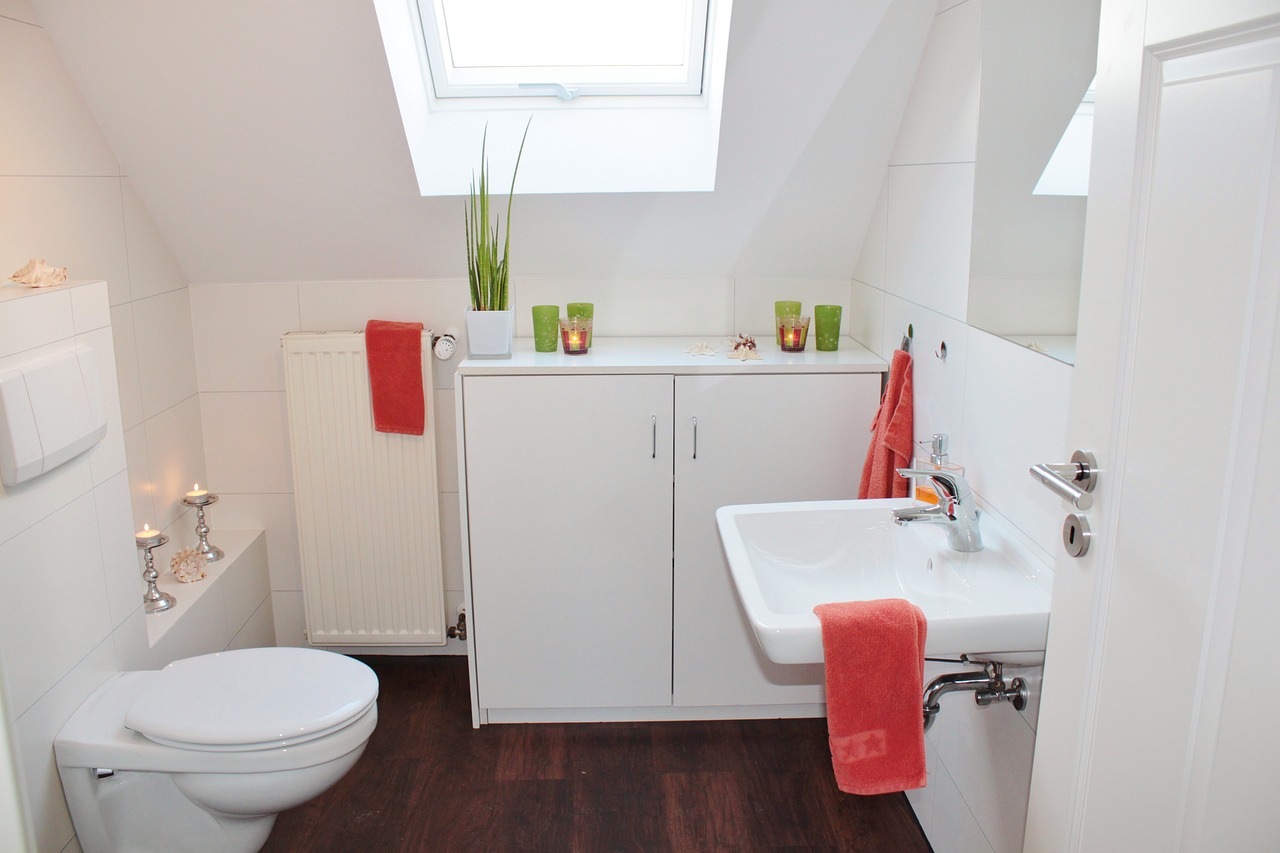
Preventive Measures
Use drain strainers
To prevent hair, food particles, and other debris from clogging your drains, use drain strainers in sinks, showers, and tubs. These inexpensive devices can catch debris before it goes down the drain and cause a blockage. Regularly clean the drain strainers to ensure they are free from any collected debris. By utilizing drain strainers, you can significantly reduce the likelihood of experiencing clogged drains and the associated inconveniences.
Avoid disposing of grease and oil down the drain
One common mistake homeowners make is pouring grease and oil down the drain. These substances may be liquid when hot, but they solidify as they cool, causing blockages in pipes and drains. Instead of pouring grease and oil down the drain, allow it to cool and dispose of it in the trash. Additionally, wipe off greasy pots, pans, and dishes with a paper towel before washing them to minimize the amount of grease going down the drain. By adopting this simple habit, you can avoid costly clogs and keep your plumbing system running smoothly.
Insulate exposed pipes
In colder climates, it’s important to insulate exposed pipes to prevent them from freezing and potentially bursting. When water freezes inside pipes, it expands and puts pressure on the pipe walls, leading to cracks or even burst pipes. By insulating exposed pipes with pipe sleeves or insulation tape, you can help maintain a consistent temperature and prevent freezing. Pay special attention to pipes in unheated areas such as basements, crawl spaces, and attics. Insulating your pipes is a relatively easy and inexpensive preventive measure that can save you from major plumbing headaches.
Learn Basic Plumbing Skills
Know how to turn off the water supply
Knowing how to turn off the water supply to your home is a fundamental plumbing skill that can help you quickly respond to emergencies and prevent further damage. Locate the shut-off valve, typically found near the water meter, and familiarize yourself with how to turn it off. In case of a burst pipe or a major leak, shutting off the water supply can prevent water from flooding your home. Take the time to practice turning off the water supply valve, so you can confidently and swiftly take action when needed.
Learn to use basic plumbing tools
Having a basic understanding of how to use common plumbing tools can empower you to tackle small plumbing tasks and address minor issues on your own. Familiarize yourself with tools such as plungers, pipe wrenches, and a multi-bit screwdriver. Learn how to properly use these tools, whether it’s using a plunger to clear a clogged toilet or using a pipe wrench to tighten or loosen pipes. By having some basic plumbing knowledge and tools at your disposal, you can save time and money by addressing minor plumbing problems yourself.
Understand common plumbing problems
While it’s always important to consult a professional plumber for major plumbing issues, having a basic understanding of common plumbing problems can help you troubleshoot and identify potential issues. Educate yourself on common problems such as dripping faucets, running toilets, and slow-draining sinks. With this knowledge, you can assess the severity of the problem and determine when it’s necessary to call a plumber. Being informed about common plumbing problems enables you to make more informed decisions and communicate effectively with professionals.
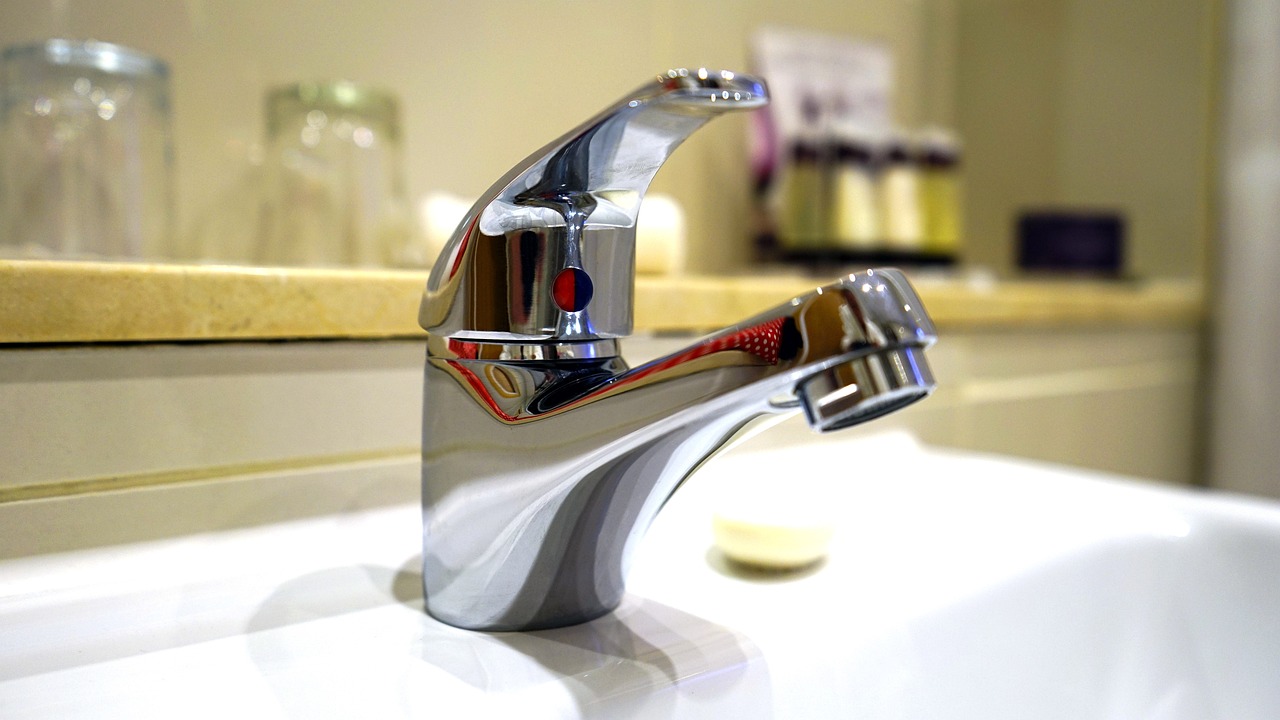
Have Essential Tools and Supplies
Plunger
A plunger is a must-have tool for any homeowner. It’s used to create suction and dislodge clogs in toilets, sinks, and drains. A standard cup plunger is suitable for sinks and drains, while a flange plunger with a rubber lip is designed specifically for toilets. Keep a plunger handy in case of clogs, as it can save you from the hassle and expense of calling a plumber for minor blockages.
Pipe wrench
A pipe wrench is a versatile tool used for gripping and turning pipes, fittings, and other plumbing components. It has adjustable jaws that provide a secure grip and leverage when tightening or loosening pipes. A pipe wrench is essential for tasks such as replacing faucets, repairing leaks, or installing new plumbing fixtures. Invest in a good-quality pipe wrench that can handle a range of pipe sizes and materials.
Plumber’s tape
Plumber’s tape, also known as Teflon tape, is a thin white tape used to seal pipe threads and prevent leaks. It is wrapped around the threads of pipes and fittings before they are screwed together. Plumber’s tape creates a watertight seal, reducing the risk of leaks. Keep a roll of plumber’s tape in your toolbox for any plumbing projects that involve threaded connections.
Snake/auger
A snake or auger is a flexible, coiled wire with a handle used to clear stubborn clogs in drains and pipes. It can reach deep into pipes and break up blockages, allowing water to flow freely again. Having a snake or auger on hand can be useful for unclogging sinks, showers, and toilets. Choose a snake or auger suitable for the size of the pipe you’re working on and familiarize yourself with how to use it properly.
Bucket
A bucket is a versatile tool that can be used for a variety of plumbing tasks. It’s ideal for catching water when working on pipes or fixtures, preventing water damage and mess. Additionally, a bucket can be used to bail out water in case of leaks or overflows. Always have a sturdy bucket available in your toolkit for any plumbing projects or emergencies that may arise.
Teflon tape
Teflon tape, also known as plumber’s tape, is a thin white tape used to create a watertight seal on threaded connections. It is wrapped around the threads of pipes and fittings before they are screwed together. Teflon tape helps prevent leaks and ensures a tight seal. Keep a roll of Teflon tape in your toolbox to use whenever you need to make threaded connections during plumbing projects or repairs.
Multi-bit screwdriver
A multi-bit screwdriver is a versatile tool that allows you to easily switch between different types and sizes of screwdriver bits. It’s useful for various plumbing tasks that involve tightening or loosening screws, such as installing faucets or repairing fixtures. Having a multi-bit screwdriver eliminates the need to carry around multiple screwdrivers and ensures you have the right tool for the job at hand.
Be Prepared for Emergencies
Know where the main water shut-off valve is located
In case of a plumbing emergency, it’s crucial to know where the main water shut-off valve is located. This valve controls the flow of water into your home and can be used to quickly stop the water supply in case of a burst pipe or major leak. Locate the main shut-off valve, typically found near the water meter or where the water supply enters your home. Familiarize yourself with how to turn it off, and ensure all household members know its location and how to use it. Being prepared and able to quickly shut off the water supply can minimize damage and give you peace of mind during emergencies.
Have contact information for a reliable plumber
While it’s important to be self-sufficient when it comes to minor plumbing issues, there are times when a professional plumber is necessary. Research and find a reliable plumber in your area and keep their contact information easily accessible. Ask friends, family, or neighbors for recommendations, read online reviews, and inquire about their experience and qualifications. Having the contact information of a trusted plumber on hand can save you time and stress when faced with plumbing problems that are beyond your expertise.
Have a backup plan for plumbing emergencies
Plumbing emergencies can happen at any time, so it’s essential to have a backup plan in place. In the event of a major plumbing issue that requires immediate attention, consider having an alternative water source available, such as bottled water or access to a neighbor’s water supply. This can ensure you have access to water for drinking, cooking, and basic hygiene until the plumbing issue is resolved. Additionally, have a plan for temporary bathroom facilities, such as nearby public restrooms or portable toilets, if necessary. Being prepared for emergencies can help minimize disruptions to your daily routine and provide peace of mind.
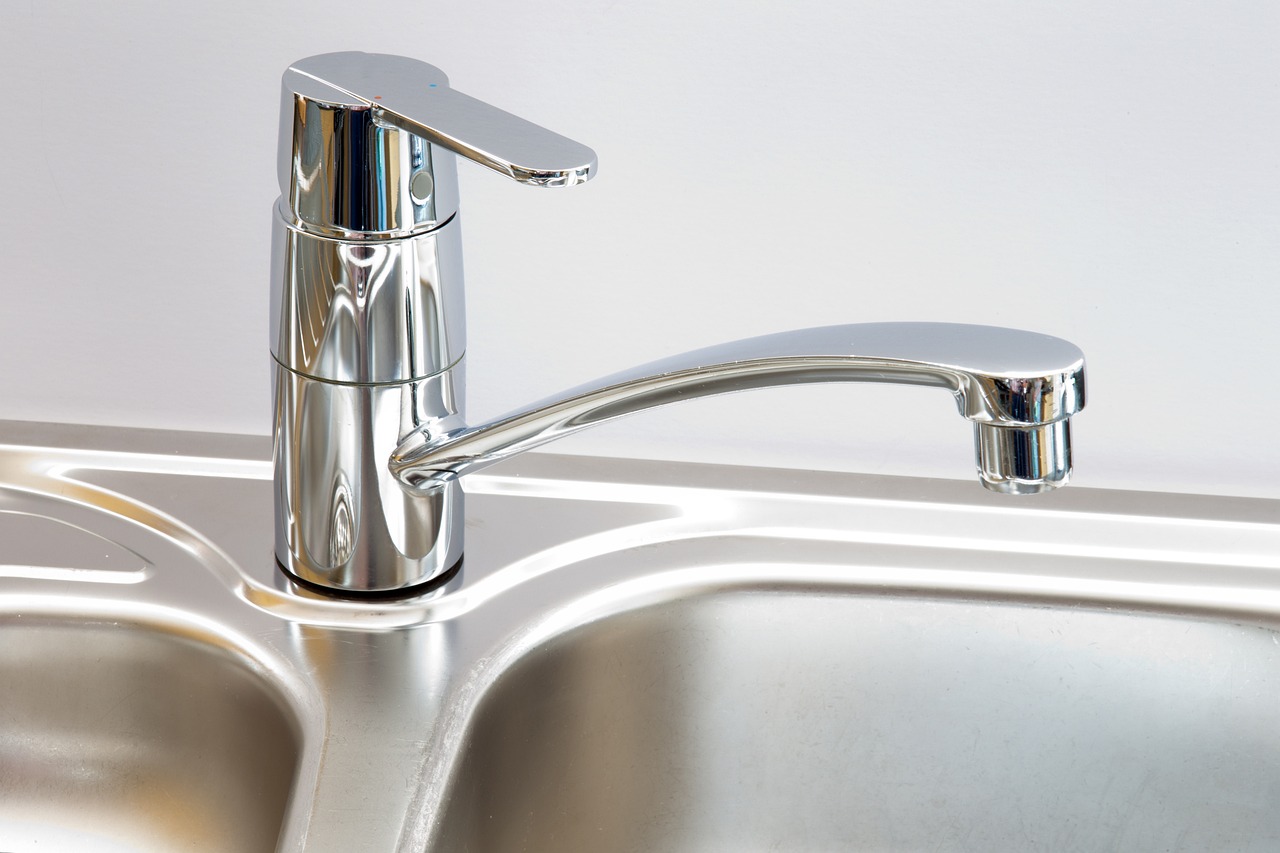
Educate Yourself on Local Plumbing Codes
Familiarize yourself with local regulations
Plumbing codes and regulations vary from one region to another, so it’s important to familiarize yourself with the specific requirements in your area. These codes outline the standards for plumbing installations, including pipe materials, sizing, and venting requirements. By educating yourself on local plumbing codes, you can ensure that any plumbing work you undertake or have done complies with the regulations in your region.
Ensure compliance with permits and inspections
Certain plumbing projects require permits and inspections to ensure compliance with local codes and safety standards. Typical projects that require permits may include installing a new water heater, adding new plumbing fixtures, or making extensive changes to your plumbing system. Research and understand the permit requirements in your area before starting any significant plumbing work. Additionally, schedule any necessary inspections to ensure the work meets the required standards and is in accordance with the local regulations.
Consult professionals when necessary
While DIY plumbing projects can be satisfying and cost-effective, it’s crucial to know your limitations and consult professionals when necessary. Certain plumbing tasks, such as complex pipe installations, major renovations, or sewer line repairs, may be best left to experienced plumbers. They have the knowledge, skills, and tools required to tackle more complicated projects safely and efficiently. Recognize when a project requires professional expertise and don’t hesitate to reach out to a licensed plumber to ensure the job is completed correctly.
Stay Informed about Plumbing Innovations
Research new plumbing technologies
The field of plumbing is constantly evolving, with new technologies and innovations emerging regularly. Stay informed about the latest advancements in plumbing by conducting research, reading industry publications, and attending trade shows or home improvement expos. New technologies such as smart water meters, leak detection systems, and water purification systems can enhance the efficiency and effectiveness of your plumbing system. By staying informed, you can make informed decisions about incorporating new plumbing technologies into your home.
Stay updated on energy-efficient options
Energy efficiency is a growing concern for homeowners, and the plumbing industry is no exception. Stay updated on energy-efficient options for your plumbing system, including low-flow fixtures, energy-saving water heaters, and greywater recycling systems. Energy-efficient plumbing can not only reduce your environmental impact but also save you money on utility bills in the long run. Keep yourself informed about the latest energy-efficient plumbing options so you can make choices that align with your sustainability goals.
Consider smart plumbing systems
Smart home technology is becoming increasingly popular, and plumbing systems are no exception to this trend. Consider incorporating smart plumbing systems into your home, such as automated leak detection systems, Wi-Fi-enabled faucets, or water monitoring devices. These systems can provide real-time information, allowing you to monitor water usage, detect leaks, and control your plumbing fixtures remotely. By embracing smart plumbing technology, you can increase convenience, improve water efficiency, and gain greater control over your plumbing system.
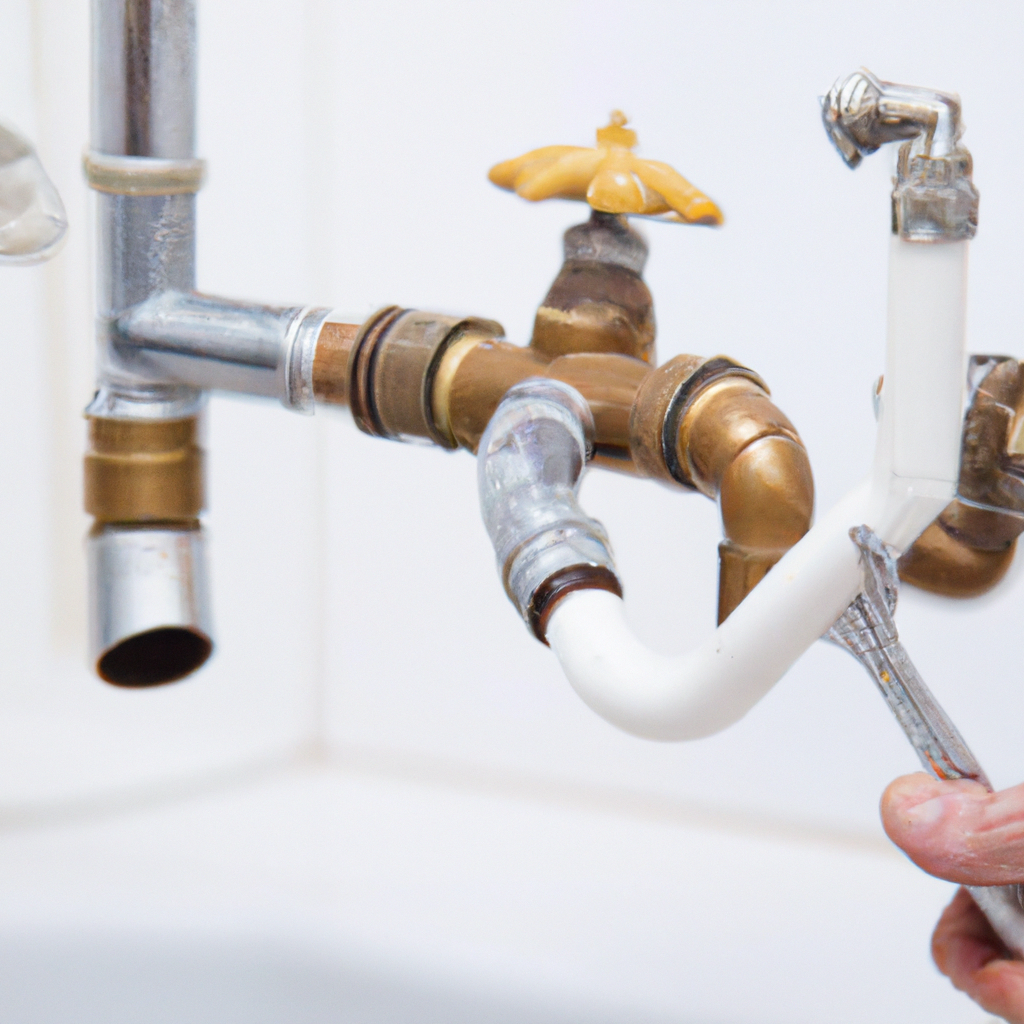
Establish a Relationship with a Trusted Plumber
Regularly schedule maintenance and inspections
One of the best ways to ensure the longevity and reliability of your plumbing system is to establish a relationship with a trusted plumber and schedule regular maintenance and inspections. Professional plumbers have the expertise to identify potential issues before they become major problems. Regular inspections allow them to catch small leaks, blockages, or other concerns early on, preventing costly repairs or extensive damage. By investing in regular maintenance, you can prolong the life of your plumbing system and have peace of mind knowing that any issues will be addressed promptly.
Get professional advice and guidance
Having a trusted plumber to turn to for professional advice and guidance can be invaluable, especially when faced with plumbing questions or concerns. Whether you’re considering a plumbing renovation, facing a plumbing emergency, or simply need recommendations for fixtures or upgrades, consulting a professional can provide you with peace of mind. A trusted plumber can assess your specific needs, offer expert advice, and guide you towards the best solutions for your home. Building a relationship with a reliable plumber can be a valuable resource throughout your homeownership journey.
Have a reliable resource for plumbing emergencies
Plumbing emergencies can be stressful and overwhelming, especially when you’re unsure who to turn to for help. By establishing a relationship with a trusted plumber ahead of time, you’ll have a reliable resource to call upon in such situations. Make sure to keep their contact information easily accessible, so you can reach out to them promptly in case of a plumbing emergency. Knowing that you have a trusted professional on your side can provide a sense of relief and reassurance during stressful times.
Be Mindful of Water Conservation
Fix leaks promptly
Leaking faucets, toilets, or pipes can waste a significant amount of water over time. To conserve water and prevent unnecessary expenses, it’s essential to fix leaks promptly. Even a small, seemingly insignificant leak can add up to hundreds of gallons of wasted water per year. Regularly check for leaks and repair them as soon as possible. Replace worn-out washers, faulty valves, or damaged pipes to stop leaks in their tracks. By being proactive about fixing leaks, you can conserve water, save money, and contribute to a more sustainable future.
Practice water-efficient habits
Conserving water is a collective effort, and it starts with adopting water-efficient habits in your daily life. Simple changes such as turning off the faucet while brushing your teeth, taking shorter showers, or only running the dishwasher and washing machine with full loads can make a significant impact on water consumption. Encourage household members to be mindful of their water usage and educate them on the importance of water conservation. By practicing these water-efficient habits, you can contribute to a more sustainable future and reduce your water bills.
Consider rainwater harvesting
Rainwater harvesting is a sustainable practice that involves collecting and storing rainwater for later use. Consider installing a rain barrel or a more elaborate rainwater harvesting system to capture and utilize rainwater for outdoor irrigation, washing vehicles, or even flushing toilets. Rainwater is soft and free of certain chemicals found in tap water, making it ideal for many non-potable water needs. By utilizing rainwater, you can reduce your reliance on municipal water supplies and reduce your environmental impact.
In conclusion, making your plumbing easier involves proper maintenance, upgrading your plumbing system, taking preventive measures, learning basic plumbing skills, having essential tools and supplies, being prepared for emergencies, familiarizing yourself with local plumbing codes, staying informed about plumbing innovations, establishing a relationship with a trusted plumber, and being mindful of water conservation. By following these guidelines, you can ensure a more efficient, reliable, and sustainable plumbing system in your home. Remember, plumbing is not only about functionality but also about taking care of your home, your wallet, and the environment. So, equip yourself with the knowledge and tools necessary to maintain and improve your plumbing system, and don’t hesitate to seek professional help when needed. Your plumbing will thank you for it!


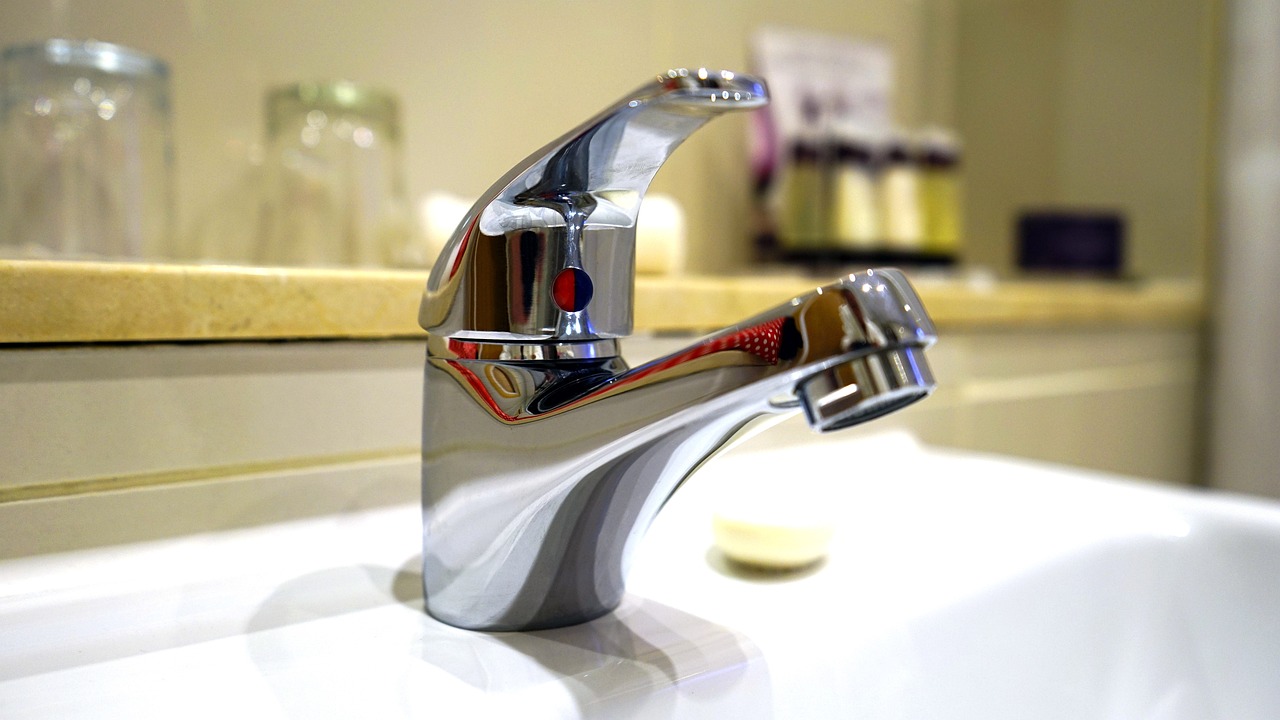
0 Comments